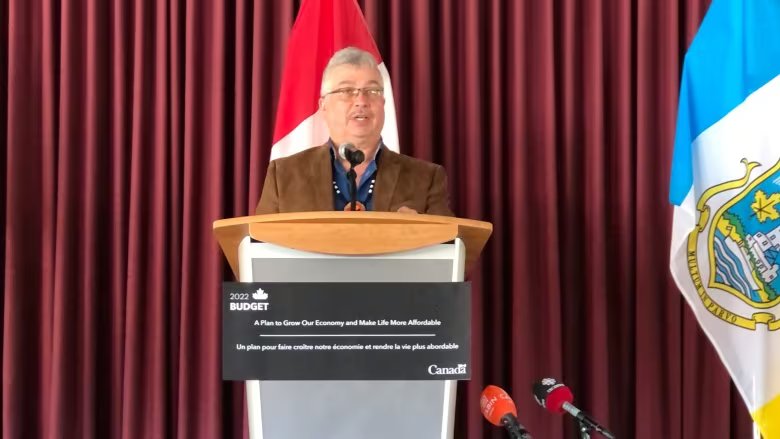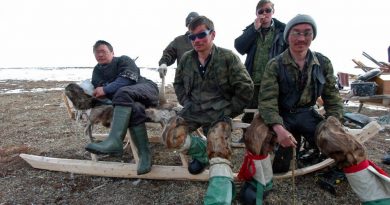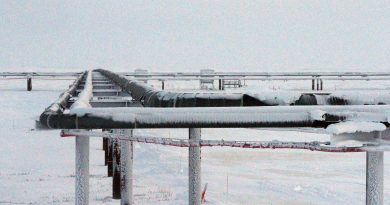Feds still committed to building roads in N.W.T. despite comments from MP

N.W.T. MP Michael McLeod says his government is still committed to building transportation infrastructure — despite recent comments from the federal environment minister that seemed to suggest otherwise.
McLeod also said in an email to CBC News that he appreciated that federal Environment Minister Steven Guilbeault later clarified his comments by saying that Ottawa will not put up the cash for “large” road projects.
Guilbeault’s initial comments raised concerns for some in the Sahtú, about the future of the Mackenzie Valley Highway.
The highway is a project that has been talked about for decades. It would connect the Sahtú communities to the southern N.W.T. year-round, following the route of the current winter road. It’s been long delayed and even the most optimistic scenario for the latest iteration of work, 281 kilometres of permanent highway, would see it completed in 2037.
“The Prime Minister has also reinforced that our government’s commitment to building the transportation infrastructure Canadians need remains steadfast,” McLeod’s email states.
He said the government has funded several large transport-related infrastructure projects in the territory including the Tłı̨chǫ Highway that connects Whatì to Highway 3. McLeod also said that he would continue to advocate for projects like the Mackenzie Valley Highway.
According to Guilbeault’s spokesperson, Kaitlin Power, there will be no changes to the project or any other policies.
“The Minister’s comments were severely misconstrued,” Power said in an email.
Guilbeault was quoted in the Montreal Gazette as saying that the federal government would no longer be providing funds for projects that enlarge the road network.
He later clarified to say that he was referring to “large” road projects and referred to a specific project in Quebec the federal government wouldn’t be funding.

Charles McNeely, chair of the Sahtú Secretariat, said the Mackenzie Valley Highway is badly needed. He said if the project were at risk, “it would be devastating for us.”
He said food and fuel shortages that came from barge shipments not being able to arrive in the community last year shows the need for the highway.
Collin Pierrot, chief of Fort Good Hope in the N.W.T., said climate change has affected the ways the various communities get supplies.
“We don’t know if next year or the year after if we’ll get a winter road,” he said.
Related stories from around the North:
Canada: Highway closure leaves Tuktoyaktuk, N.W.T., running low on supplies, CBC News
Norway: Smoke from Canadian wildfires forecast to reach Norway, The Associated Press
Russia: New NOAA report finds vast Siberian wildfires linked to Arctic warming, The Associated Press
Sweden: Fire bans in force across large parts of Sweden, Radio Sweden
United States: Wildfires in Anchorage? Climate change sparks disaster fears, The Associated Press



